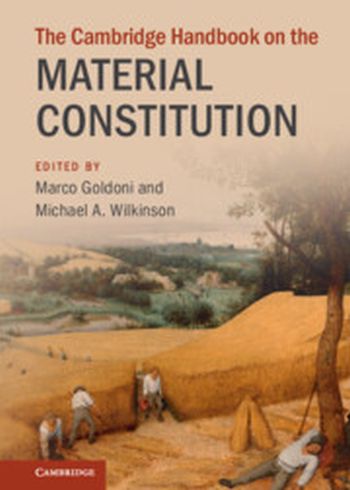
Despite a long and venerable tradition, the material constitution almost disappeared from constitutional scholarship after the Second World War. Its marginalisation saw the rise of a normative and legalistic style in constitutional law that neglected the role of social reality and political economy. This collection not only retrieves the history and development of the concept of the material constitution, but it tests its theoretical and practical relevance in the contemporary world. With essays from a diverse range of contributors, the collection demonstrates that the material constitution speaks to several pressing issues, from the significance of economic development in constitutional orders to questions of constitutional identity. Offering original analyses supported by international case studies, this book develops a new model of constitutional reality, one that informs our understanding of the world in profound ways.